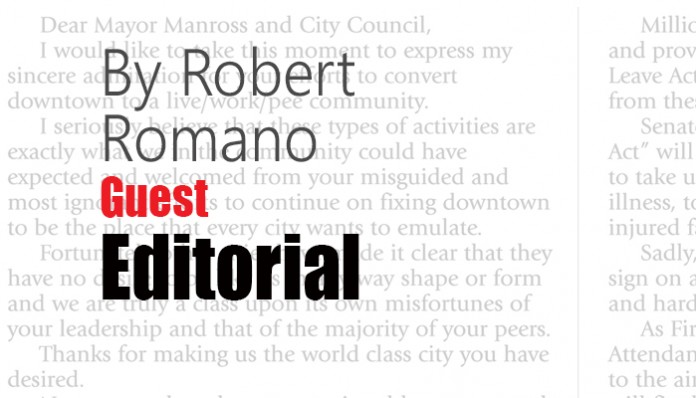 Struggling economies such as China, Japan, Singapore and oil exporters like Mexico, Saudi Arabia and the United Arab Emirates have dumped more than $225 billion of U.S. treasuries the past year as the global economy slowed down amid lax demand for cheap goods and petroleum, data compiled by the U.S. Treasury shows.
Struggling economies such as China, Japan, Singapore and oil exporters like Mexico, Saudi Arabia and the United Arab Emirates have dumped more than $225 billion of U.S. treasuries the past year as the global economy slowed down amid lax demand for cheap goods and petroleum, data compiled by the U.S. Treasury shows.
Offsetting these sales were major net purchases by European countries like Ireland, Germany, Luxembourg, Switzerland, Belgium, France and Italy, plus U.S.-backed Taiwan and South Korea, and also the offshore haven Cayman Islands, totaling more than $250 billion.
At least three of those, Ireland, Belgium and the Cayman Islands are said to be fronts for central banks and other financial institutions to make treasuries purchases when needed.
Ireland, with a Gross Domestic Product (GDP) of $232 billion a year, made purchases resulting in a net increase in its treasuries stockpile of $50 billion, more than 20 percent its economy, bringing its holdings to a grand total of $266 billion — larger than its entire economy.
Similarly, Belgium, whose GDP is $465 billion, bought an additional $46 billion of treasuries to bring its total to $190 billion, 41 percent of its total economy.
And Cayman Islands, a tiny province of the UK, whose GDP is negligible, increased its holdings by $36 billion to $264 billion.
These countries do not have incomes that would be sufficient to make such purchases on their own. What they do have are massive financial sectors, not to generate income but to park assets, hence these are likely financial institution and central bank purchases through intermediaries.
The purchasing countries mentioned above would also be directly connected to either the Federal Reserve or the European Central Bank (ECB) to borrow money to buy treasuries. So, have the Fed, ECB and other central banks been propping up China and oil exporters, who had a need to raise cash to shore up their economies?
Consider China’s dump of treasuries comes amid a 10 percent contraction of exports from September of last year and its slowest economic growth in a quarter century at 6.7 percent annualized, with Beijing placing emphasis on government infrastructure projects and as China’s credit bubble continues to expand, with debt to GDP now standing at 250 percent.
So, China sold assets like treasuries to generate cash, to be invested in… construction? How many more ghost cities and fake airports do the Chinese need to build? China could not sell enough products overseas and so made up for it by implementing massive construction to mimic real production. That is growth just for growth’s sake. They needed to show a good number, and they got one, funded in part by its sales of U.S. treasuries but also its still massive trade deficit and of course more credit.
Leaving aside the GDP story, these movements of U.S. treasuries, a safe haven asset for the West and surplus reserve for the East, tells us basically two things: 1) surpluses for exporters are not what they used to be, indicating the global economic slowdown is still ongoing and that the drop in the price of oil is hurting oil exporters; and 2) the West is bulking up on safe haven assets, probably in preparation for the forthcoming recession that is now overdue. The U.S. averages a recession every 6 to 7 years, and the last one we had was in 2009.
Assuming central banks are in fact fueling these purchases, why do all of this propping up right now?
Consider for a moment if China had not hit its target of 6.7 percent growth. Markets would have tanked across the world. So, propping up China and oil exporters may serve some other interest. In a similar vein, the Federal Reserve last month held off on raising interest rates until December after the presidential election on Nov. 8.
The Fed is supposed to be an apolitical institution, and yet all it looks like all we’re doing is forestalling the coming recession to be at a time of its choosing, which begs the question why.
Was all that to prop up the economy, just for a little longer, until after the elections to, say, help Hillary Clinton and the White House incumbent party, the Democrats? Just asking.
Robert Romano is the senior editor of Americans for Limited Government.





